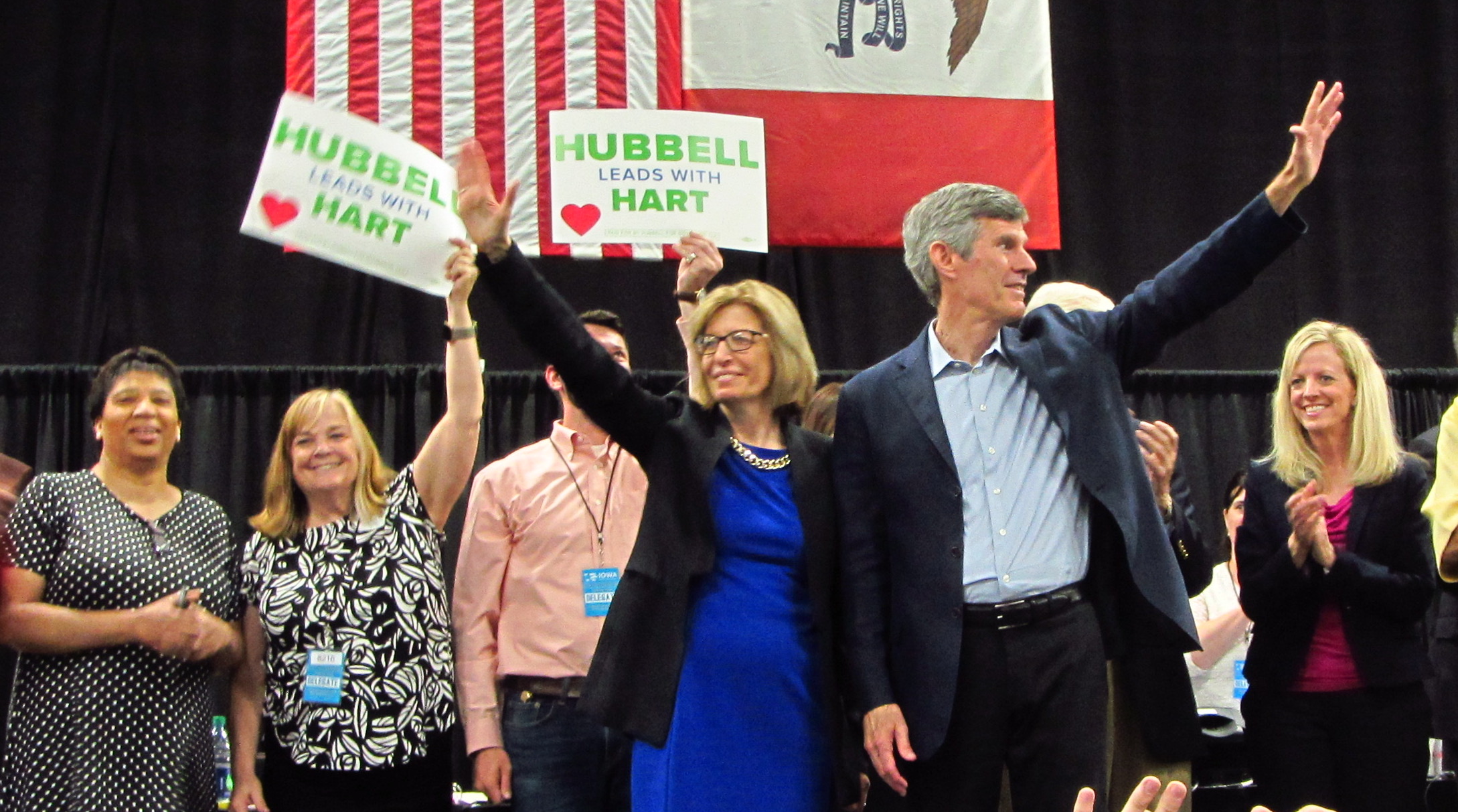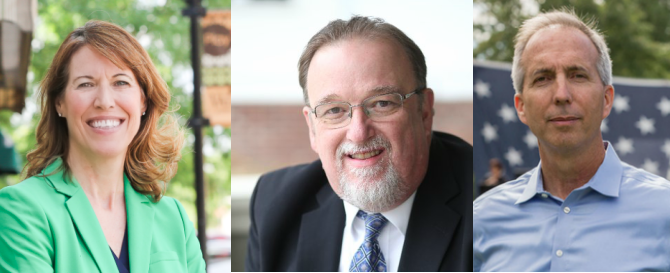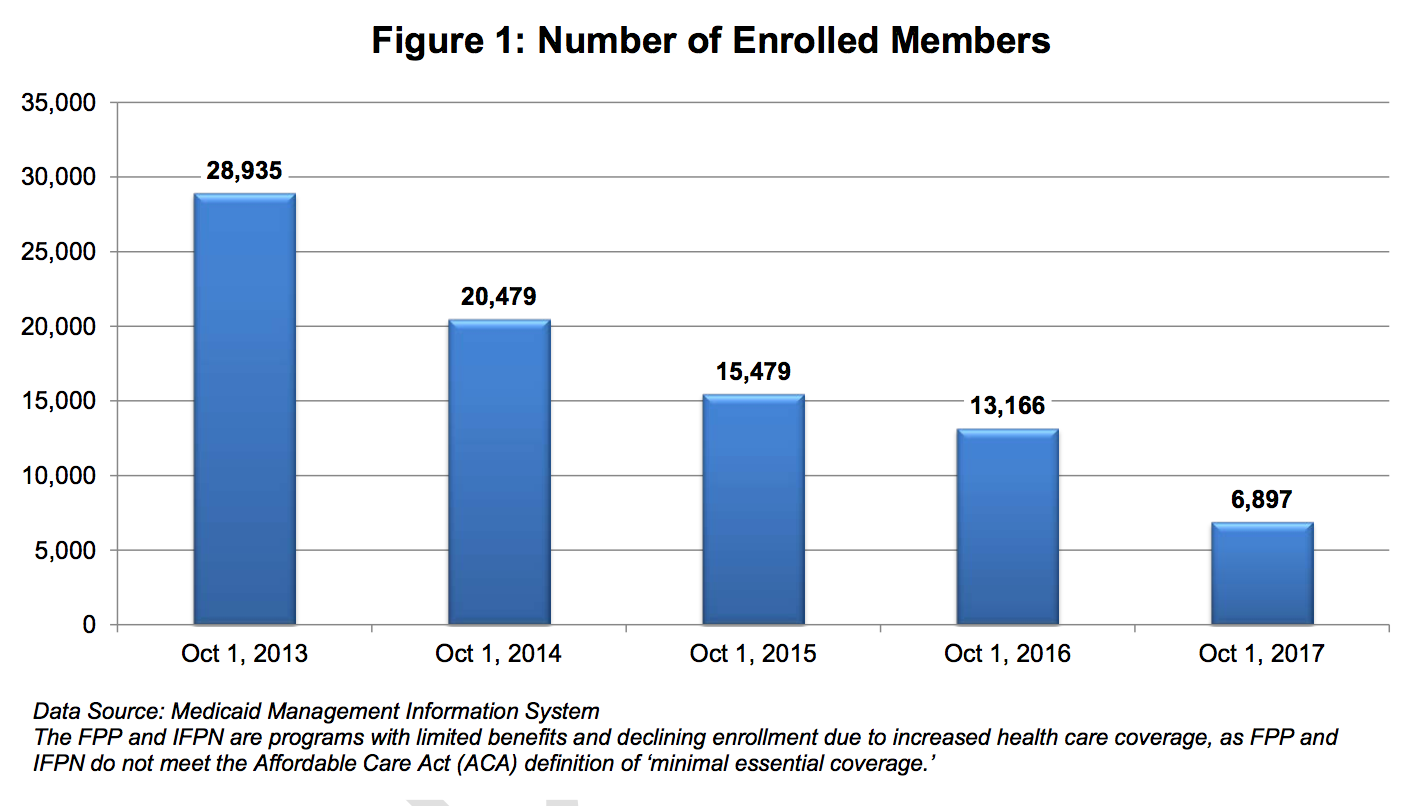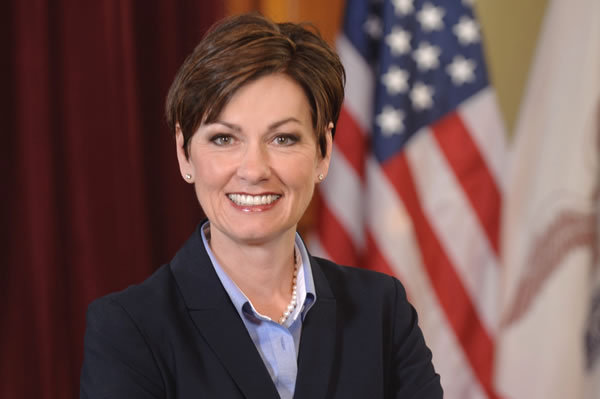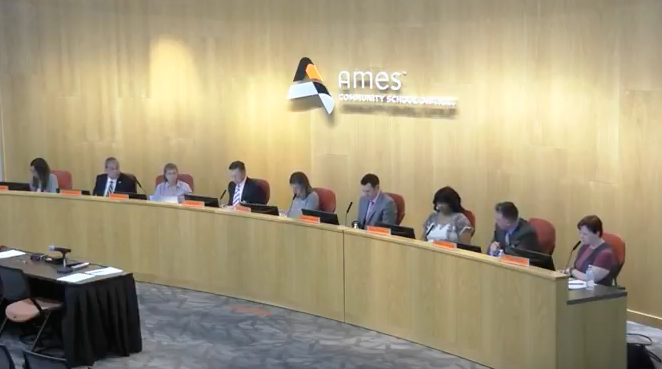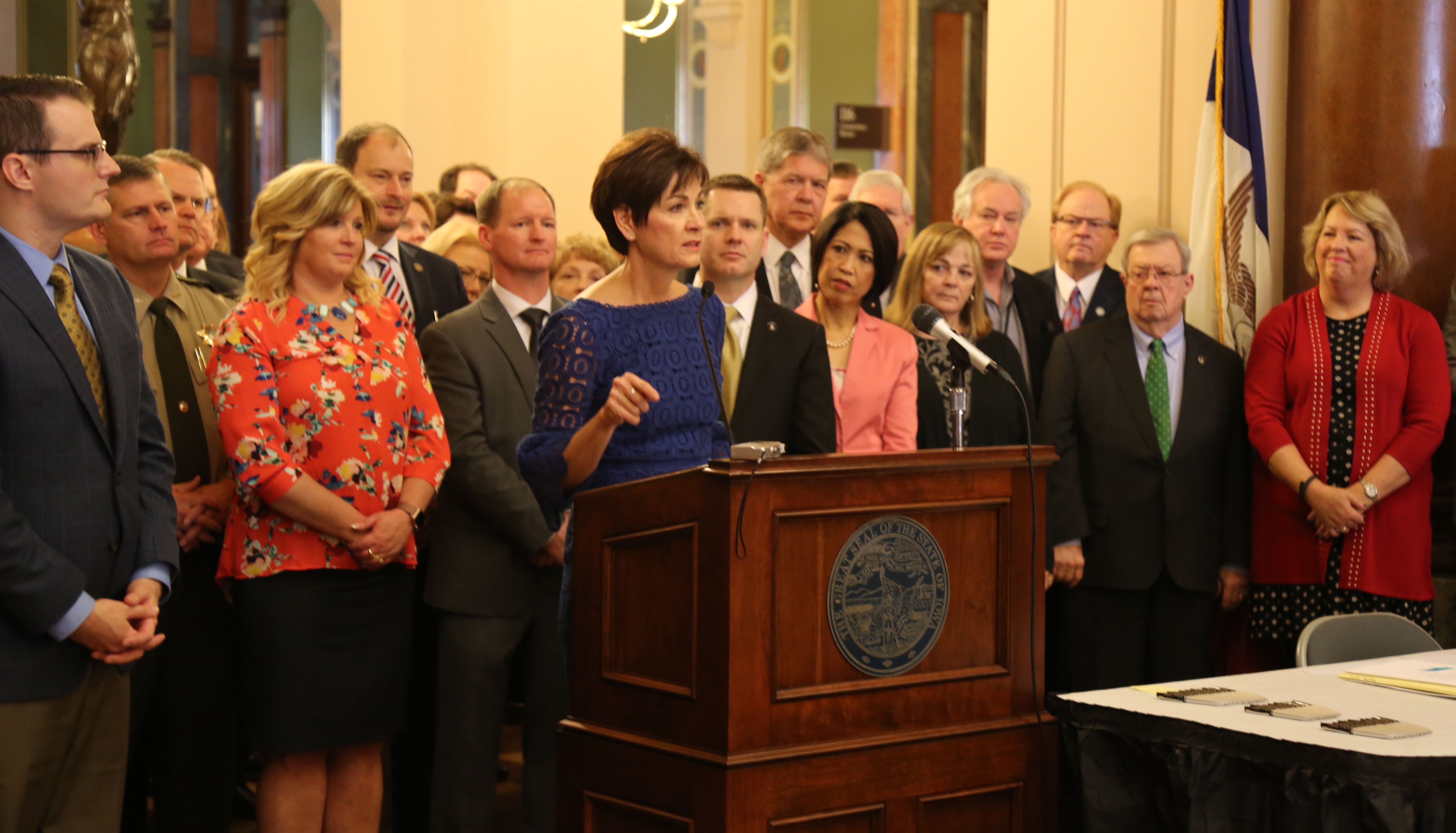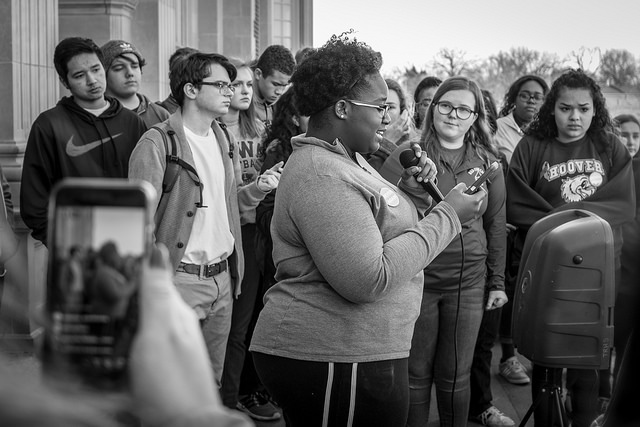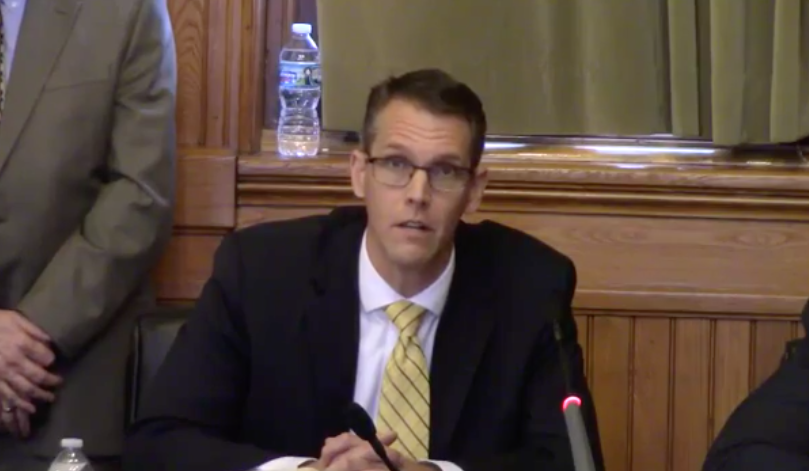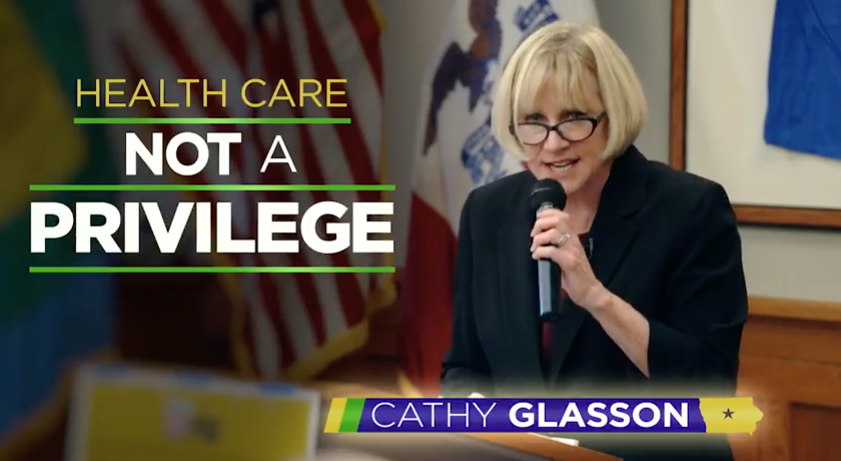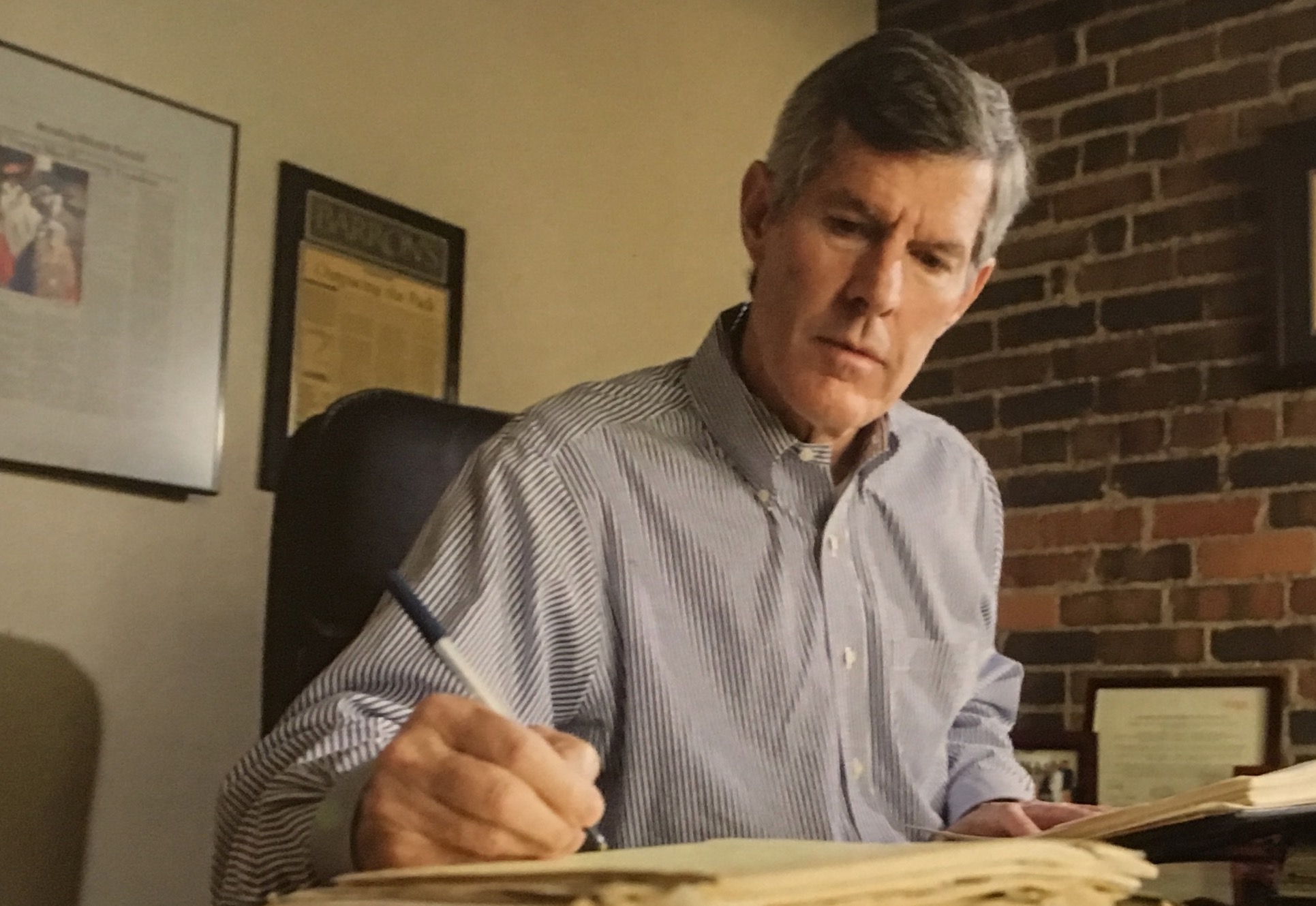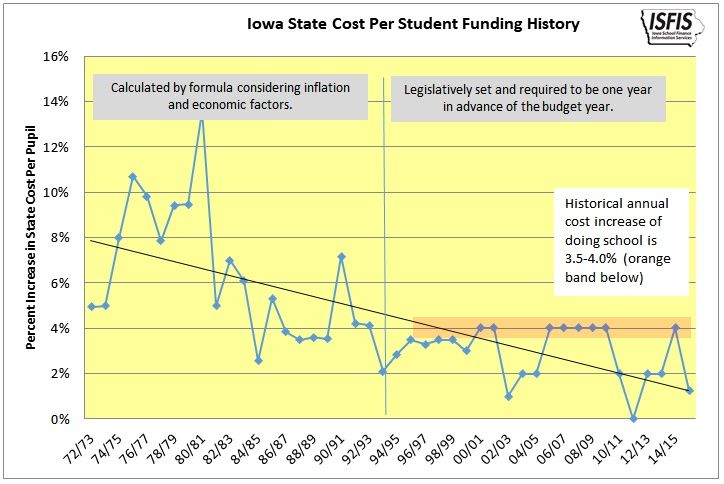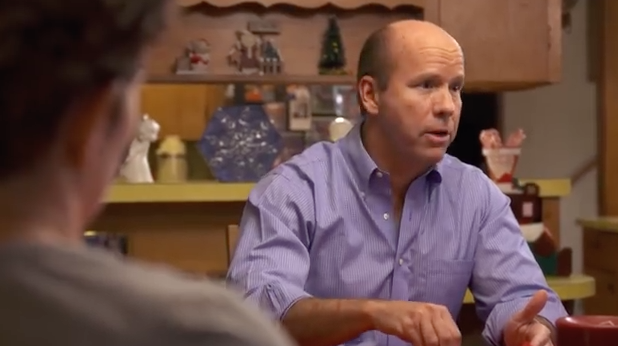Two years before the 2020 Iowa caucuses, U.S. Representative John Delaney of Maryland is already investing heavily in reaching voters here. Delaney visited Iowa for the first time within weeks of announcing his presidential candidacy last July. This past weekend, he made his sixth swing through the state, attending events in Cedar, Dubuque, Clinton, Clayton, Delaware, Jackson, and Scott counties.
Most Iowans will be introduced to Delaney through his television commercials. His debut ad aired during the Super Bowl in the Des Moines, Cedar Rapids, Davenport, and Sioux City markets. The second spot began running on February 5 as “part of a million-dollar, month-long Iowa television buy,” according to a campaign news release. I enclose below videos and transcripts of both commercials.
Hundreds of Democratic activists have already heard Delaney at a meet and greet or local party event where he was a featured speaker. I recorded his speech at the Third Congressional District Hall of Fame dinner last October. The second part of this post contains the sound file and a transcript of key passages.
Finally, I asked Delaney to react to some activists’ concern that a sharper focus on issues white working-class voters care about could make Democratic candidates less committed to other stances, which are critically important to segments of the party’s base.
Continue Reading...






